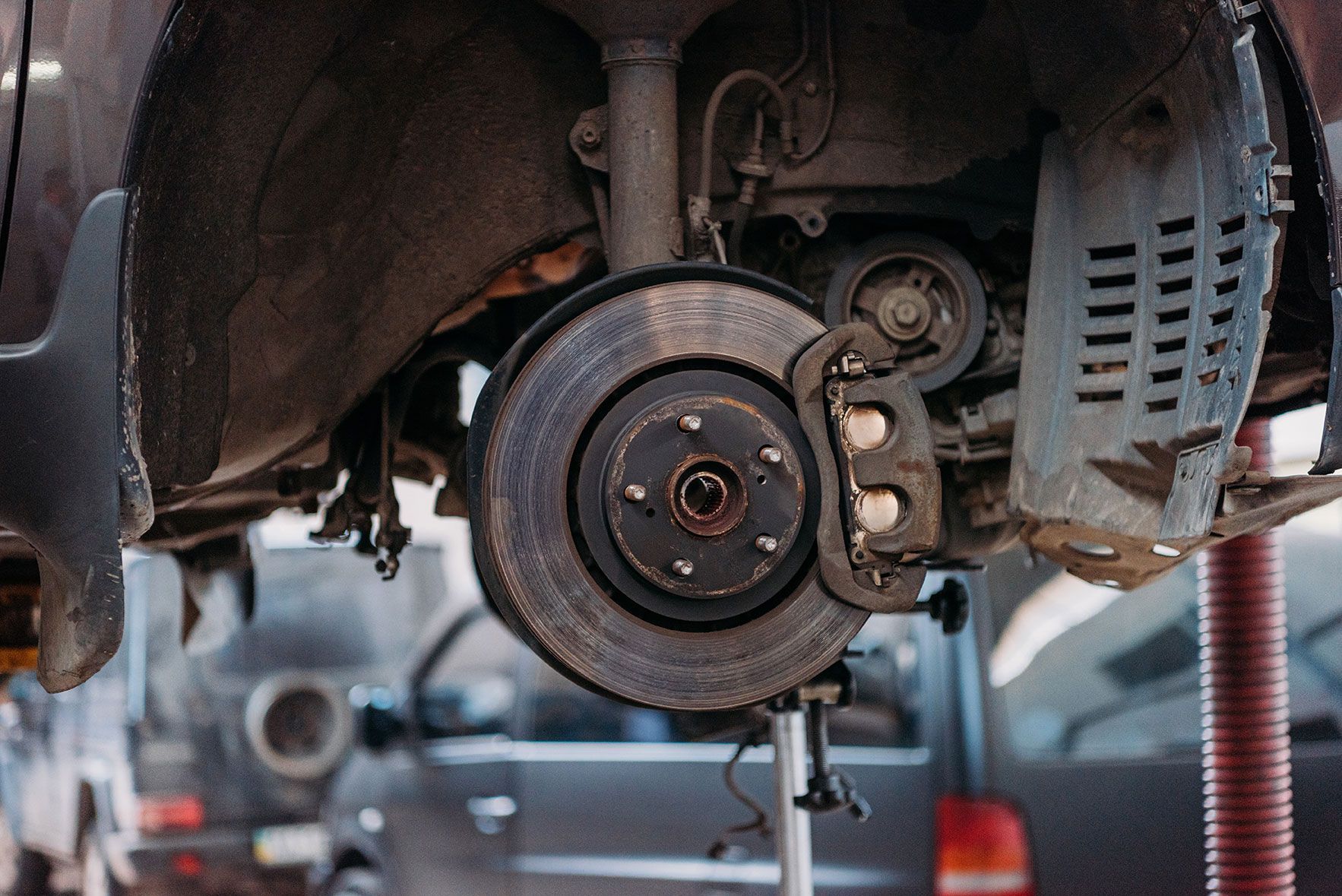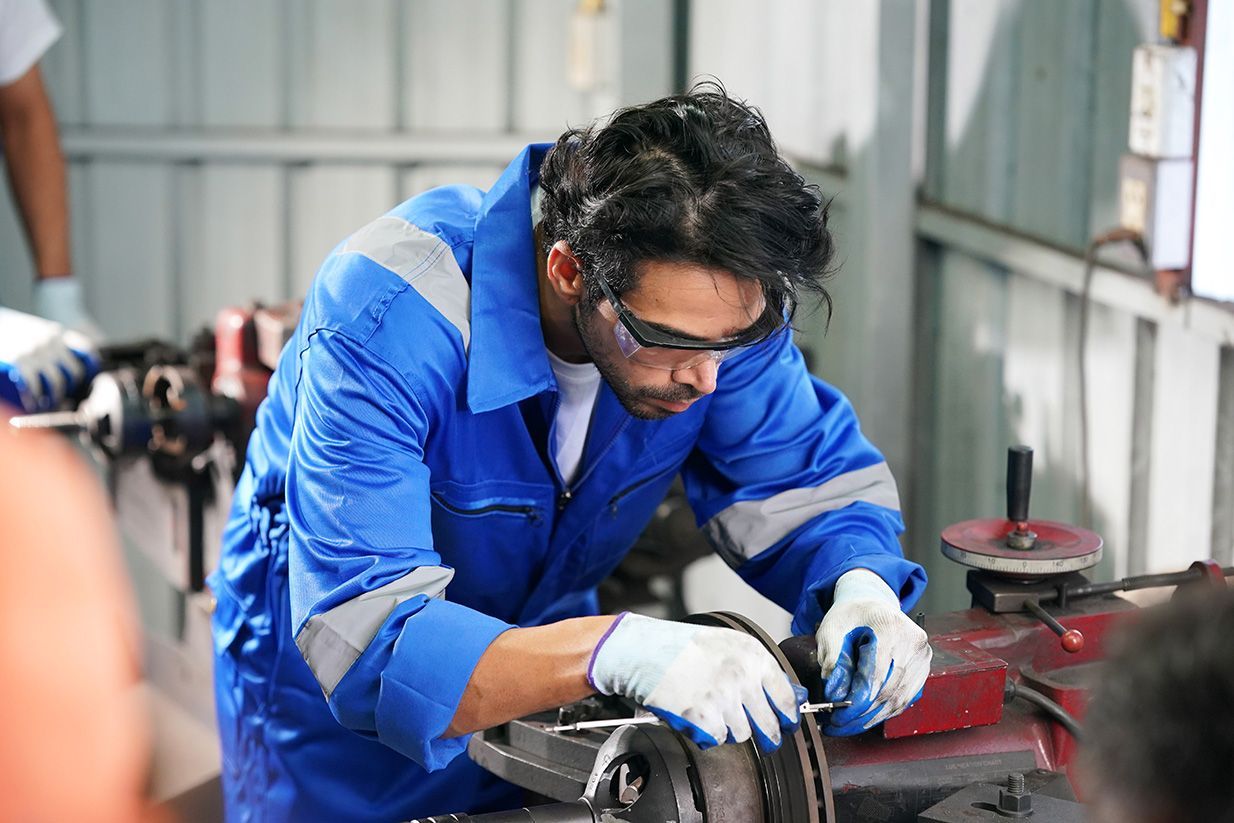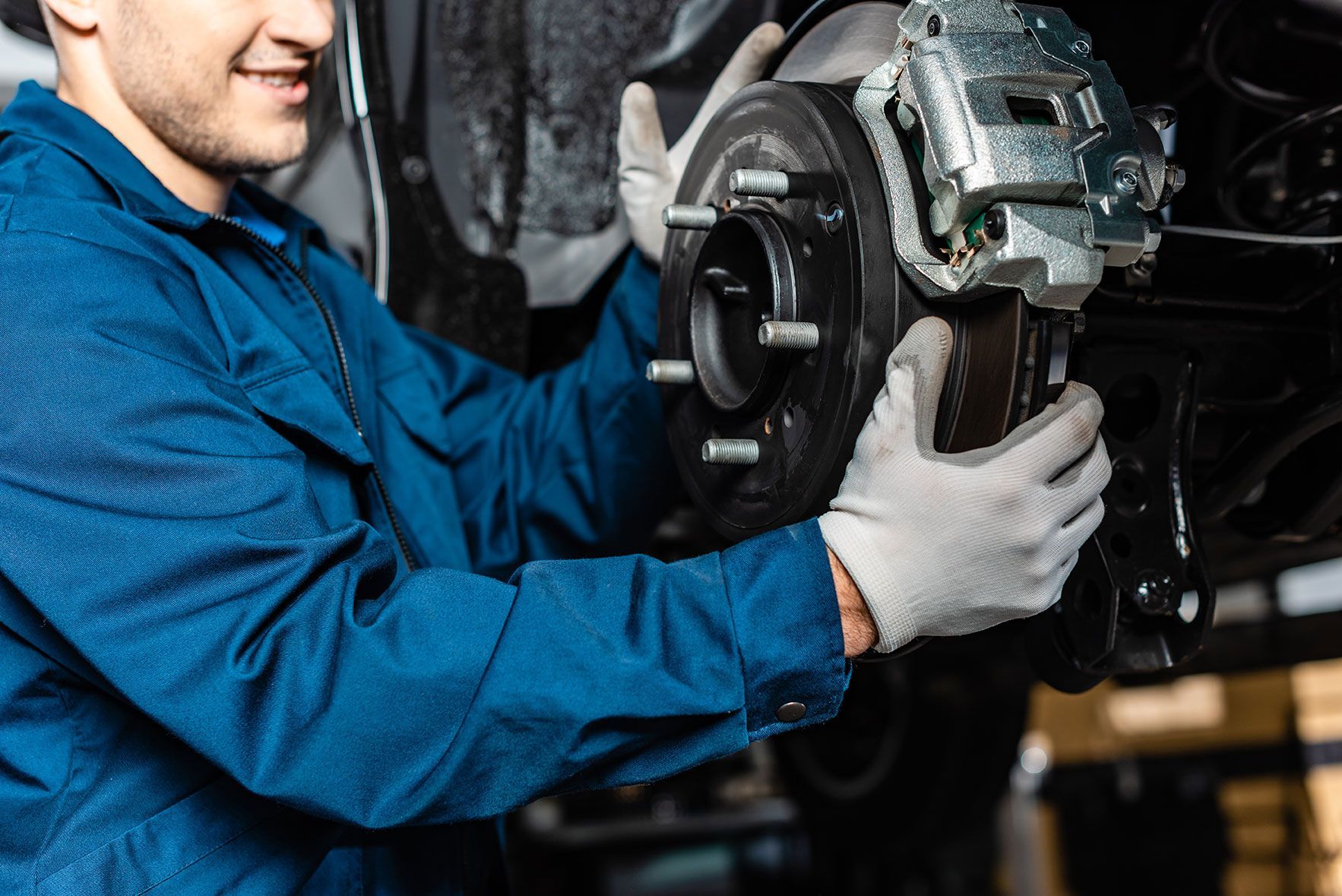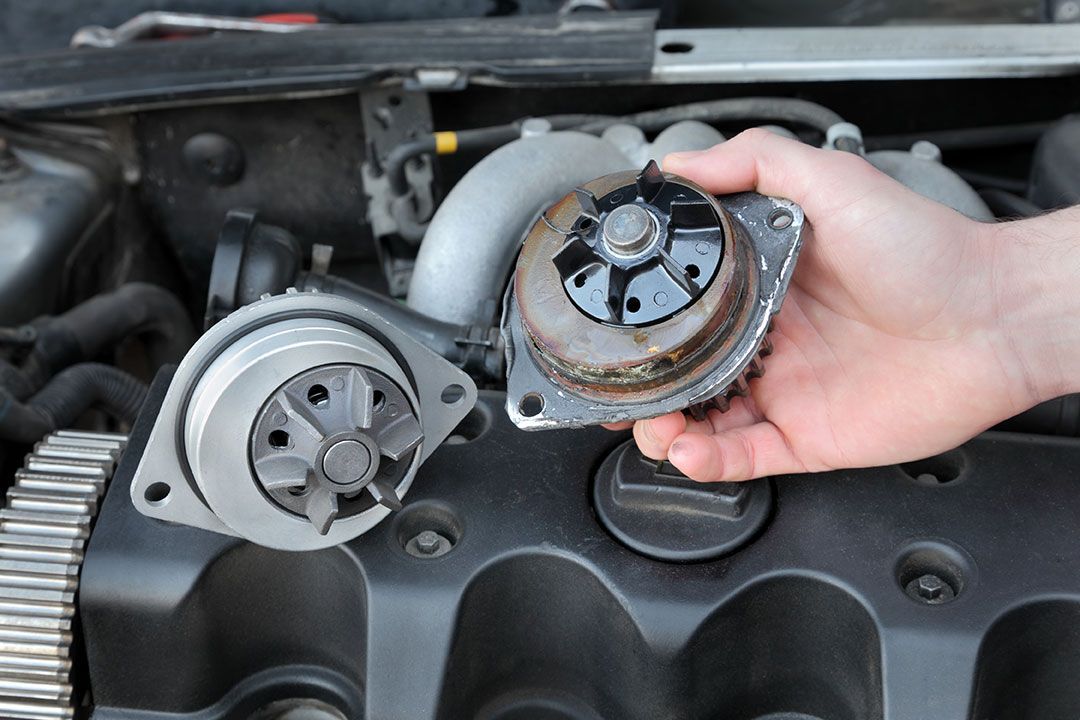Is the Auto Stop-Start Feature Bad for My Engine?

Is the Auto Stop-Start Feature Bad for My Engine?
The Auto Stop-Start feature is becoming a regular inclusion in many modern vehicles. It's a technology designed to improve fuel efficiency and reduce emissions.
But many drivers have concerns: Is this feature harmful to my engine? The frequent stopping and starting of the engine raises this question.
In this article, we'll delve into how the Auto Stop-Start feature operates and its effects on your engine, starter, alternator, and battery.
Whether you're a car owner, potential buyer, or automotive enthusiast, this article will offer a balanced perspective on this technology.
Understanding the Auto Stop-Start Feature
The Auto Stop-Start feature, also known as the start-stop system, is a technology found in many modern vehicles. It automatically turns off the engine when the car is idle, such as at traffic lights or in traffic jams.
The engine restarts almost instantly when you lift your foot off the brake or press the accelerator. This system is controlled by the engine control unit, starter, and battery.
The main goal of this feature is to reduce fuel consumption and emissions. By turning off the engine during idle periods, the vehicle uses less fuel and emits fewer pollutants.
However, the frequent stopping and starting of the engine raises concerns about potential wear and tear. We will address these concerns in the following sections.
The Purpose and Benefits of Auto Stop-Start
The Auto Stop-Start feature was developed to lower fuel consumption and emissions. When a vehicle is idle, it still uses fuel. By stopping the engine during these times, the vehicle conserves fuel, leading to cost savings.
Additionally, the Auto Stop-Start feature helps reduce emissions, which is particularly beneficial in urban areas with frequent traffic congestion.
Here are some key benefits of the Auto Stop-Start feature:
- Reduced fuel consumption
- Lower emissions
- Potential savings in fuel costs
- Contribution to environmental sustainability
While these benefits are evident, it's important to understand the potential impact on the engine and other vehicle components. We will explore this in the next sections.
Common Misconceptions About Auto Stop-Start and Engine Wear
A common misconception about the Auto Stop-Start feature is that it causes excessive wear and tear on the engine. The concern is that frequent stopping and starting could lead to premature engine failure. However, this isn't necessarily true.
Modern engines are designed to handle the demands of the Auto Stop-Start feature. They are built with robust components that can endure frequent start-stop cycles. Moreover, the feature stops the engine only when it is at idle, not under load, reducing the stress on the engine.
Another misconception is that the Auto Stop-Start feature degrades engine oil faster. In reality, it has minimal impact on engine oil and lubrication. The oil remains in the engine even when it is stopped, ensuring proper lubrication when the engine restarts.
Understanding these misconceptions can help car owners make informed decisions about the Auto Stop-Start feature. It's also important to consider the impact of the feature on other vehicle components, which we will discuss in the next sections.
How Auto Stop-Start Affects Starters and Alternators
The Auto Stop-Start feature places additional demands on the vehicle's starter and alternator. The starter is used more frequently to restart the engine after it has been stopped by the feature. However, vehicles equipped with this feature typically have specially designed starters built to withstand the increased usage.
The alternator, which charges the vehicle's battery, may also see increased usage due to the Auto Stop-Start feature. However, many vehicles with this feature have advanced battery management systems that help to mitigate the additional strain on the alternator.
In conclusion, while the Auto Stop-Start feature does place extra demands on the starter and alternator, these components are typically designed to handle the increased usage. Proper maintenance can also help to ensure their longevity.
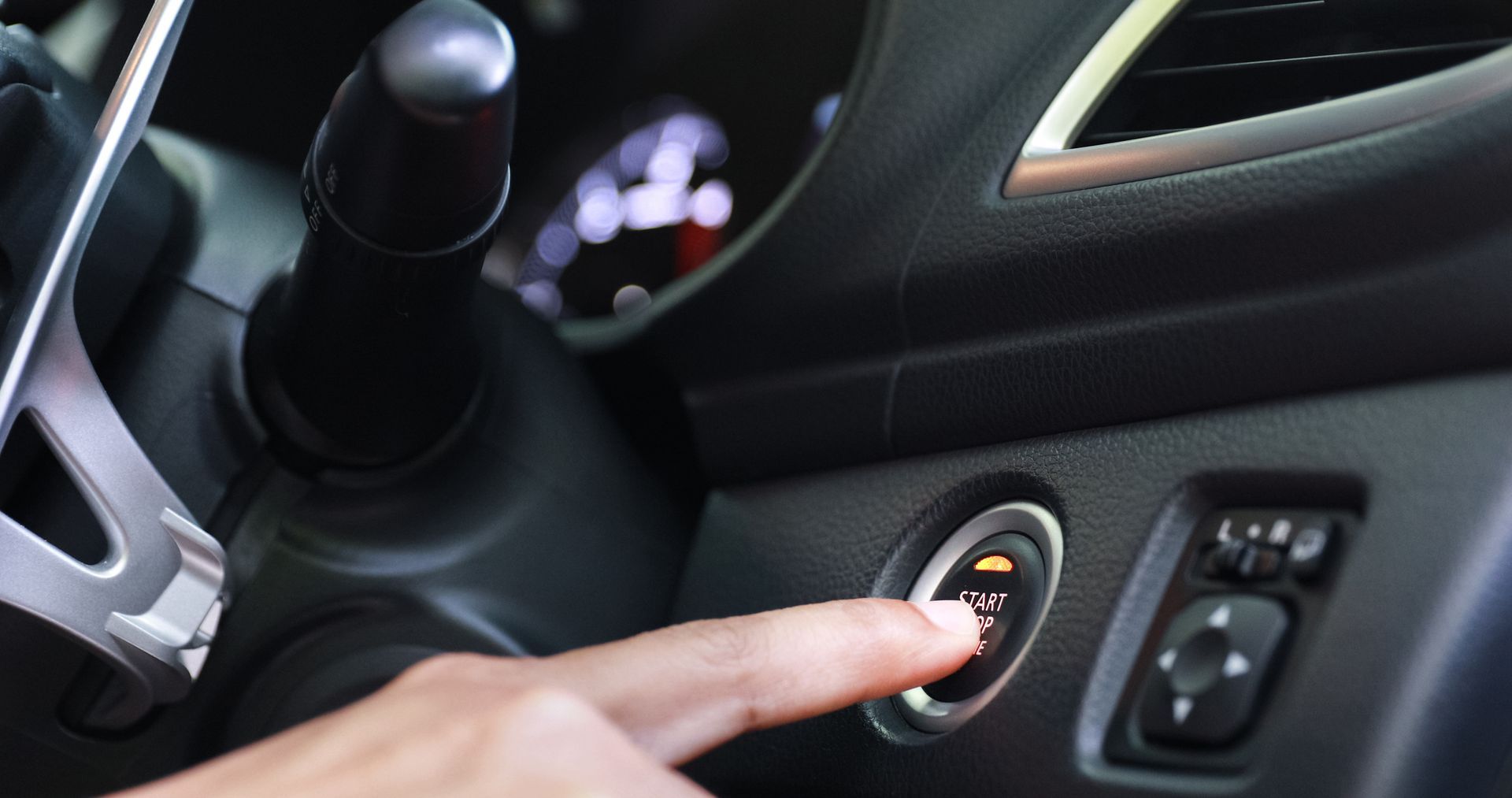
The Importance of Battery Health in Start-Stop Systems
The battery plays a crucial role in the Auto Stop-Start system. It provides the power needed to restart the engine when the feature is activated. Therefore, a robust and healthy battery is essential for the smooth operation of this feature.
However, the frequent start-stop cycles can put additional strain on the battery. This may lead to more frequent battery replacements or upgrades. It's important to monitor your battery's health if your vehicle is equipped with the Auto Stop-Start feature.
In conclusion, maintaining a healthy battery is key to ensuring the optimal performance of the Auto Stop-Start system. Regular checks and timely replacements can help keep the system running smoothly.
Fuel Savings vs. Maintenance: Analyzing the Cost-Benefit
The Auto Stop-Start feature can lead to significant fuel savings, especially in city driving conditions. By reducing idle times, it helps to cut down on unnecessary fuel consumption. This can translate into noticeable savings over time.
However, the potential for increased maintenance costs is a factor to consider. The additional strain on the starter, alternator, and battery may lead to more frequent replacements. This could offset some of the savings from reduced fuel consumption.
In conclusion, it's important to weigh the potential fuel savings against the possible increase in maintenance costs when considering the Auto Stop-Start feature.
The Impact of Auto Stop-Start on Engine Components
The Auto Stop-Start feature can impact various engine components. For instance, motor mounts may experience more wear due to the frequent stopping and starting of the engine. This could potentially lead to increased maintenance needs over time.
Similarly, the exhaust system may be affected. The frequent restarting of the engine can lead to more condensation in the exhaust system, which could potentially cause rust and corrosion over time.
However, it's important to note that modern vehicles with the Auto Stop-Start feature are designed to handle these challenges. Manufacturers have made significant advancements in engine design and component durability to accommodate the demands of the start-stop system.
Addressing Auto Stop-Start in Different Driving Conditions
The Auto Stop-Start feature may behave differently depending on driving conditions. In city driving, where there are frequent stops, the feature can be highly beneficial. It reduces idle times and thus, saves fuel.
However, in highway driving, the feature may not be as effective. The vehicle is often in constant motion, so the engine doesn't have many opportunities to stop. In such cases, the Auto Stop-Start feature may not contribute significantly to fuel savings.
Regardless of the driving conditions, it's important to understand how the Auto Stop-Start feature works. This will help you maximize its benefits and minimize any potential drawbacks.
The Future of Auto Stop-Start Technology
The Auto Stop-Start feature is likely to become more prevalent in the future. As fuel economy standards become stricter, manufacturers are looking for ways to reduce emissions. The Auto Stop-Start feature is one such solution.
Moreover, advancements in battery technology are making the feature more reliable. This means that the potential drawbacks, such as increased wear on the starter and alternator, are becoming less of a concern.
In conclusion, the Auto Stop-Start feature is not just a trend. It's a key part of the automotive industry's shift towards more efficient and environmentally friendly vehicles.
Conclusion: Making an Informed Decision on Auto Stop-Start
Understanding the Auto Stop-Start feature is crucial for modern drivers. It's not just about fuel savings, but also about the impact on engine components and maintenance costs.
In the end, the decision to use this feature should be based on informed knowledge, personal driving habits, and environmental considerations.



